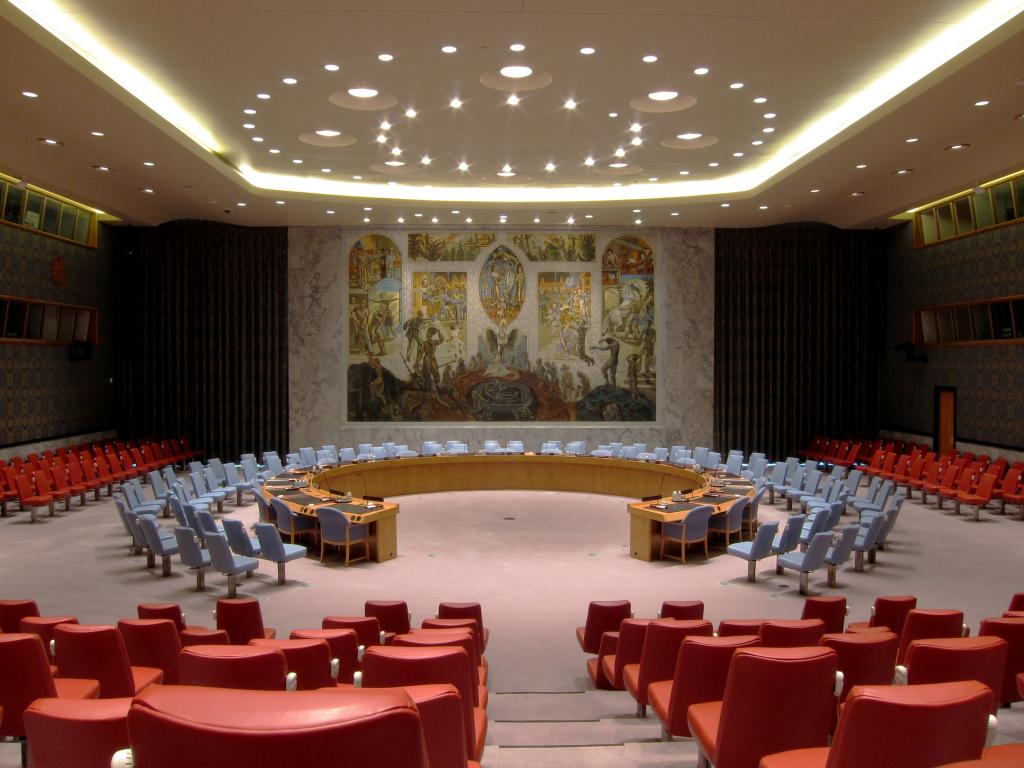Since 2007, there have been continuous debates in the United Nations Security Council (UNSC) about the security implications of climate change. But what drives the efforts to place climate change on the UNSC's agenda despite the apparent failures to do so?
Lucile Maertens, from the University of Lausanne and Sciences Po CERI, suggested an answer to this question and its implications at the latest Global Governance Colloquium Series event, held on Monday, 9th March 2020, in discussion with Marine Gauthier, PhD candidate in International Relations / Political Science and research assistant at the Centre on Conflict, Development & Peacebuilding of the the Graduate Institute.
Maertens draws upon the concept of "climatization" to make sense of the process in which domains of international politics are framed through a climatic lens and transformed in this process. Through a qualitative analysis of the UNSC's debates, she identifies that climate change has become a dominant framing and an inescapable topic in international relations. Therefore, the UNSC has followed the logic of expansion of climate politics, and treating the issue as an important emergency. Maertens mentioned three key drivers in this process: it is symbolic as it enforces the UNSC credibility; it is instrumental, as it tries to overcome the failures of global climate governance; and, lastly, it is strategic as states search for political gains in the process.
Maertens made a call of attention to the effects of this climatization of the UNSC. She concluded that it reproduces and reinforces four problematic characteristics of the of global climate governance: first, by treating climate change as a global threat that should be addressed through collective action, it hides the unequal exposures to its security implications. Second, it limits the understanding of climate change as a structural issue by focusing on components like pollution or emissions, therefore preventing a wide sytemic socio-economic response. Thirdly, it reinforces the compartmentalization of the climate problem by placing it in a non-universal body which does not necessarily has the appropiate tools to address its structural causes. Lastly, it proposes unachievable goals if it does not address the radical changes that they imply or consider the current political limits it has.
The floor was open to a variety of inquieries about the conceptual relations between climatization, securitization and depolitization. The discussion also encompassed the role of private actors in the issue, the degree to which climate change has been specified and compartimentalized as a topic and the prospect of imposing sanctions in relation to it.


